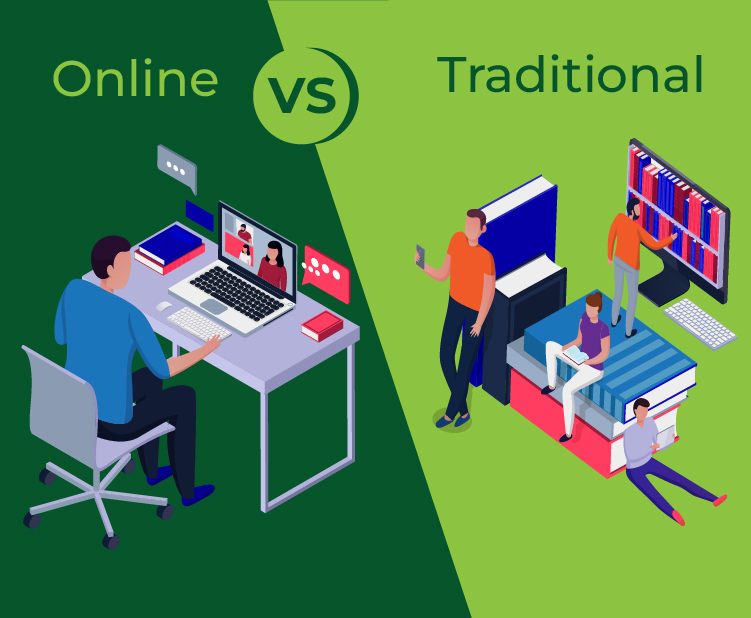The field of education has witnessed a significant transformation with the rise of online learning platforms. This has sparked a debate about whether online education is better than traditional education. Both approaches have their own advantages and limitations, and the effectiveness of each method depends on various factors. Let’s delve into a comparison of online education and traditional education to gain a deeper understanding.
Flexibility and Convenience:
One of the key advantages of online education is its flexibility and convenience. Students can access course materials and lectures at their own pace and convenience, allowing for greater flexibility in managing their study schedules. This is particularly beneficial for individuals who are working or have other commitments. On the other hand, traditional education follows a fixed schedule with in-person classes, which may not be as accommodating for those with busy lifestyles.
Interaction and Engagement:
Traditional education provides face-to-face interaction between students and teachers, fostering immediate feedback, discussions, and collaborative learning. This in-person interaction can enhance communication skills, teamwork, and critical thinking abilities. However, online education platforms have made significant advancements in facilitating interaction through virtual classrooms, discussion forums, and video conferences. While it may not replicate the same level of personal interaction, it still allows for meaningful engagement and peer-to-peer collaboration.
Access to Resources and Expertise:
Online education has broken down geographical barriers, providing access to a vast range of resources and expertise from around the world. Students can learn from renowned professors and industry experts regardless of their physical location. In contrast, traditional education may be limited to the expertise available within a specific institution or region. Additionally, online education offers the advantage of archived materials, allowing students to revisit lectures, softwares and resources whenever needed.
Learning Environment and Personalized Approach:
Traditional education provides a structured learning environment with physical classrooms and in-person guidance. This setting can be beneficial for students who thrive in a structured environment and require face-to-face interaction for effective learning. On the other hand, online education offers a personalized approach, allowing students to learn at their own pace and focus on their individual needs. This flexibility can be advantageous for self-motivated learners who prefer a more independent learning style.
Cost and Affordability:
Online education often comes at a lower cost compared to traditional education. Students can save on expenses such as commuting, accommodation, and textbooks. Additionally, online courses often offer flexible payment options and financial aid, making education more accessible to a wider range of learners. Traditional education, on the other hand, may involve higher tuition fees, especially for out-of-state or international students, along with additional living expenses.
Employability and Recognition:
While the recognition of online degrees and certificates has significantly improved over the years, traditional education still holds a higher level of recognition and credibility in some industries and job markets. Employers may place more value on degrees earned from accredited institutions with established reputations. However, it is important to note that the perception of online education is evolving, and many employers now recognize the value of online credentials, especially when coupled with relevant skills and experience.
In conclusion, determining whether online education is better than traditional education depends on individual circumstances, preferences, and goals. Online education offers flexibility, convenience, and access to a wide range of resources, while traditional education provides face-to-face interaction, a structured learning environment, and recognized credentials. Ultimately, the choice between the two approaches should be based on a careful evaluation of personal needs, learning style, and career aspirations. It is also worth considering hybrid models that combine the strengths of both methods to create a well-rounded educational experience.




